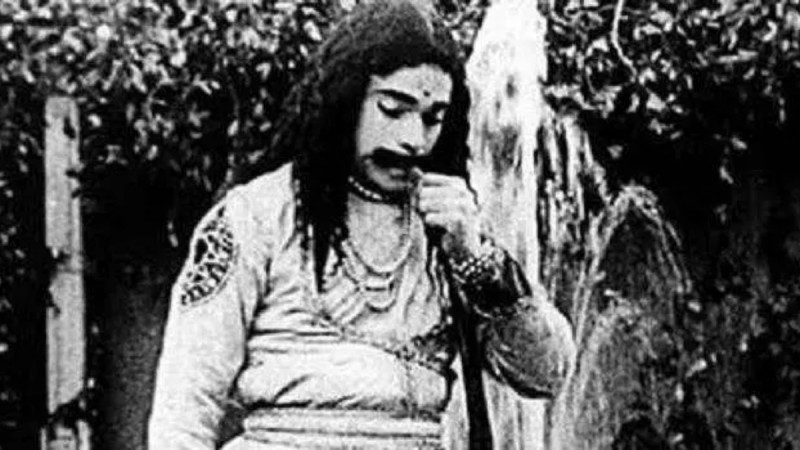
A pivotal period in the history of entertainment occurred with the advent of Indian cinema in the early 20th century. Dattatray Damodar Dabke, better known by his stage name D.D. Dabke, was one of the innovators who helped create this ground-breaking medium. Dabke was India's first actor, and his achievements created the groundwork for the thriving film industry we have today. Let's examine this pioneering actor's life and career in more detail.
Early Years and Entry into the Film Industry
D.D. Dabke, who was born in Maharashtra, India, in 1899, showed a strong interest in the performing arts from a young age. He honed his theater and dramatic abilities as a stage actor before beginning his career in the entertainment industry. Filmmakers who were learning about the developing medium of cinema immediately became interested in his riveting stage performances.
India's cinema's early steps
The silent film "Raja Harishchandra," directed by D.G. Phalke, marked the beginning of Indian filmmaking in 1913. D.D. Dabke became the first actor to appear on a silver screen, however, in 1917, and as such, he is remembered in history. In the R.G. Torney-directed movie "Pundalik," which was adapted from the same-named stage play, he made an appearance.
By becoming the first Indian movie to win an international award, "Pundalik" represented a key turning point in Indian cinema. The Coronation Cinematograph in London, England, and the Marconi Hall in Mumbai, India, respectively, both held screenings of the film, which were both met with acclaim.
Pioneering Impact and Function
D.D. Dabke's significance as the first actor in Indian cinema cannot be emphasized. He shaped the course of Indian cinema by opening the door for other actors to follow in his footsteps. His presence on screen gave ancient Indian tales' characters life, making a lasting impression on viewers.
"Pundalik" was a silent movie, but Dabke's expressive facial expressions and physique as an actor brought the story's essence to life, making it understandable and relatable to a wide range of viewers.
Legacy and Appreciation
The entire film industry was able to advance because to D.D. Dabke's pioneering work in Indian filmmaking. Although silent movies predominated in the early years of Indian cinema, the introduction of sound in the 1930s opened up new storytelling possibilities, resulting in more immersive and compelling movies.
D.D. Dabke's acting has endured over time, and he is regarded with great respect in the annals of Indian cinema despite the paucity of technological improvements in his day.
Anushka Sharma: A Trailblazer in Bollywood's Glamorous Universe
Hrithik Roshan: The Bollywood Heartthrob Redefining Dance and Action on the Silver Screen
Ranveer Singh: The Energetic and Versatile Performer of Bollywood